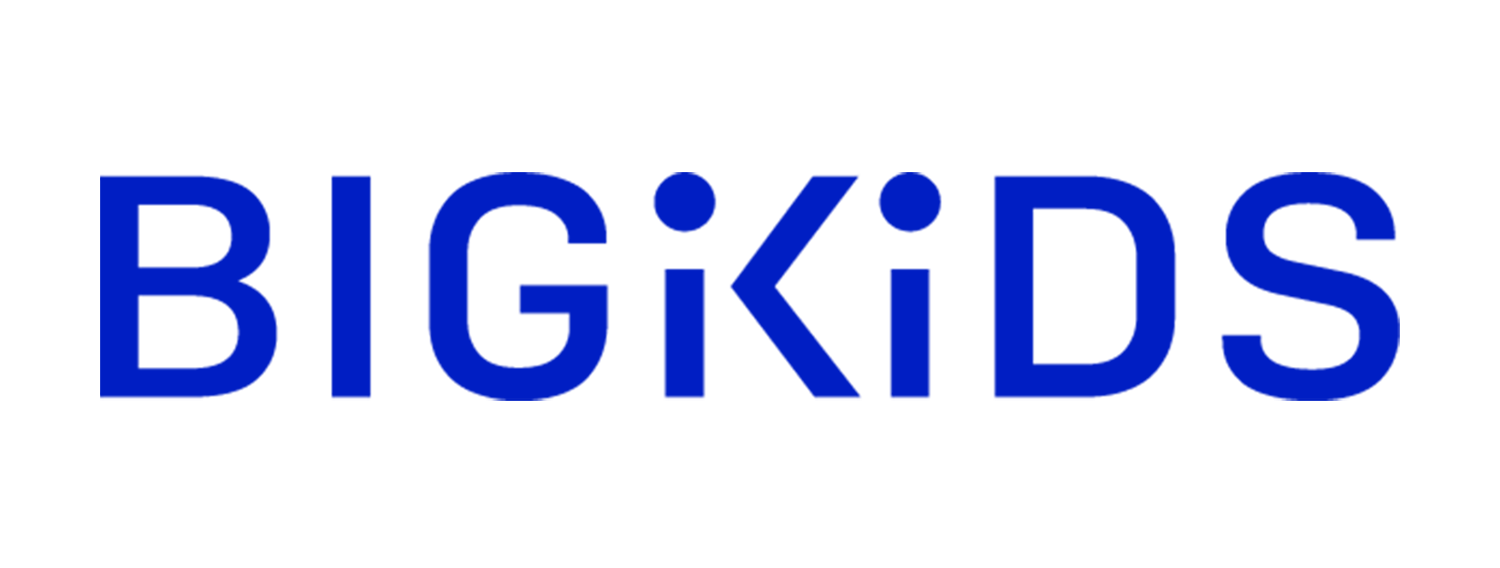digital transformation
Is there an alternative to SAAS ? You may want to explore Self-Hosting your business IT infrastructure
I am writing this for people who have been using “cloud” software services for years and they “sense” that there might be something “better” out there. Better could mean something technically more exciting, something cheaper, something that…
7 Reasons why you should encourage your lawyers to take part in an open source software development project
This is a post dedicated to the HR community in law firms. It’s quite well known among managers that Alphabet, the group behind Google, allows their workers one day per week to work freely on their own…
